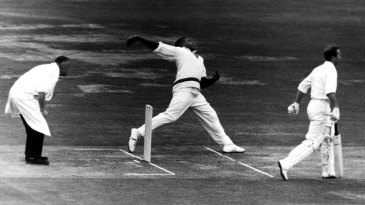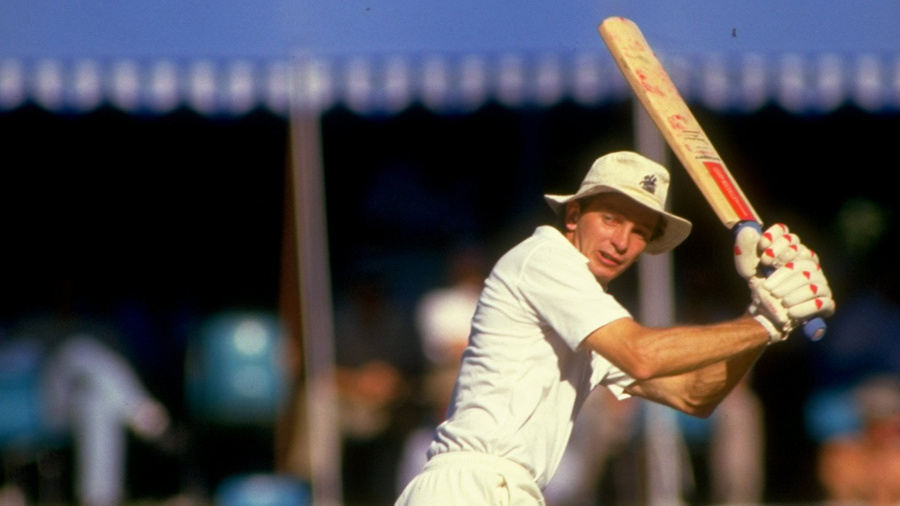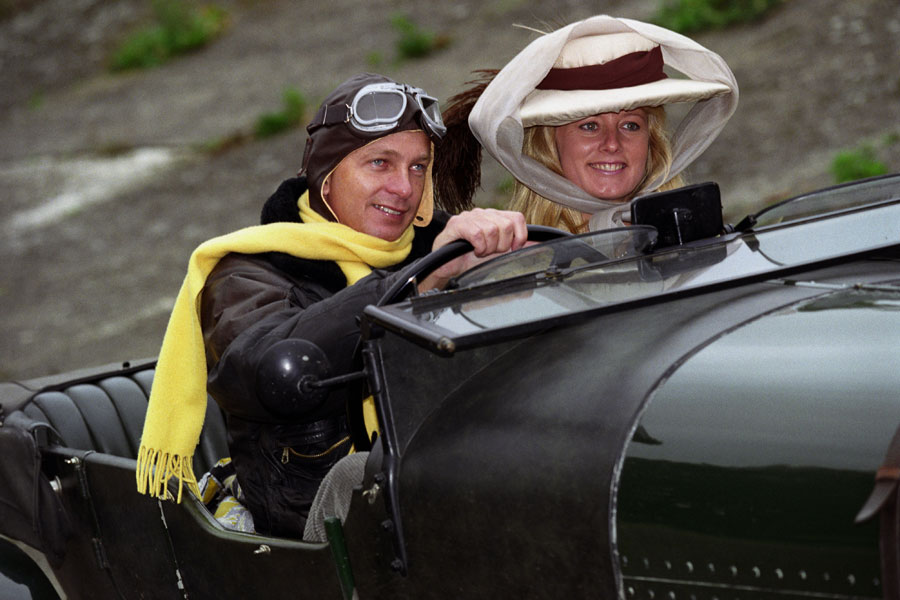Girish Menon from CamKerala CC
David Hopps in his
piece, 'Is
the game going to the dogs' suggests that Stuart Broad in the forthcoming
World T20 should without warning 'mankad' Kohli and Raina off successive balls.
This is his way of reminding us of the role of convention and civilised
behaviour in cricket and he implies that in its absence anarchy would prevail.
So, I decided to
look up the meaning of convention on the omniscient Google and found that one
of the meanings of convention is 'a way in which something is done'. I think it
is this definition of convention that Hopps uses to criticise Keemo Paul for
mankading Richard Ngarava in the U19 World Cup.
----Other pieces by the author
----Other pieces by the author
Sreesanth - Another modern day Valmiki?
----
I then asked myself
what would be at the other end of the spectrum of convention and I felt the
term 'creativity' would fit the bill. Google defines creativity as ' the use of imagination or original ideas to create something'. When Keemo's act is examined from this
perspective it is a creative act, not illegal, and an imaginative way to reach
the objectives of his task.
In the history of the world, not just
cricket, whenever any creative solution is implemented, affected governments
would debate and proscribe such activity if it was not in the 'public'
interest. In the case of 'mankading' such an inquiry has been conducted by the
ICC and the act has still been deemed legal, hence the furore baffles me.
Hopps felt that it was newcomers who
failed fail to honour cricket's conventions. So I asked myself, two questions:
'Is it newcomers to cricket who
disrespect its conventions'?
and
'Are conventions in the best interests of all
participants?'
In the case of Keemo Paul, yes he is
definitely a newcomer to cricket, so probably was the original sinner Vinoo
Mankad and the other mankaders in between. I suppose these guys may have read
about the laws of cricket and how the umpire's decision should not be
questioned. As they plotted to get the opposing batsmen out, a difficult task
at the best of times, they may have noticed this anomaly between the law and
its actual practice. Being young and innocent they may have focussed on their
objectives and failed to realise the opprobrium that will befall them if they
challenged cricket's archaic anomalies.
So who makes conventions? A historical
examination of societies will reveal that conventions and practices evolve out
of the systems devised by the powerful. A history of cricket also reveals that
it's rules and conventions were determined by upper class batsmen epitomised by
the roguish W G Grace. The bowlers were the proverbial servants meant to exist
for the pleasure of batsmen. It is these servants, like the erstwhile British
colonies, who now challenge the prevalent conventions albeit legally in the
case of the mankaders.
Hopps then gives an example of queue
jumping to illustrate the catastrophe that will befall mankind if any
convention is broken. Yes, the effects of queue jumping has created havoc in India

© PA Photos

© PA Photos
Returning to mankading, I believe that cricket's
current convention enable non striking batsmen to cheat wilfully throughout an
innings and it is time for conventions keep in tandem with the laws of the
game? I actually even have a solution for the mankading problem. Declare a no
ball* and penalise the batting side every time a non striker steps out of the crease illegally. This could be
done by the third umpire while the on field umpire focuses on the bowler's
actions.
* This no ball means a one run penalty and a ball reduced from the batting side's quota.
* This no ball means a one run penalty and a ball reduced from the batting side's quota.
 David Gower: poise, fragility and ineffable beauty © Getty Images
David Gower: poise, fragility and ineffable beauty © Getty Images Gower, seen here with wife Thorunn, was at his mesmerising best against the Australians in 1985 © PA Photos
Gower, seen here with wife Thorunn, was at his mesmerising best against the Australians in 1985 © PA Photos